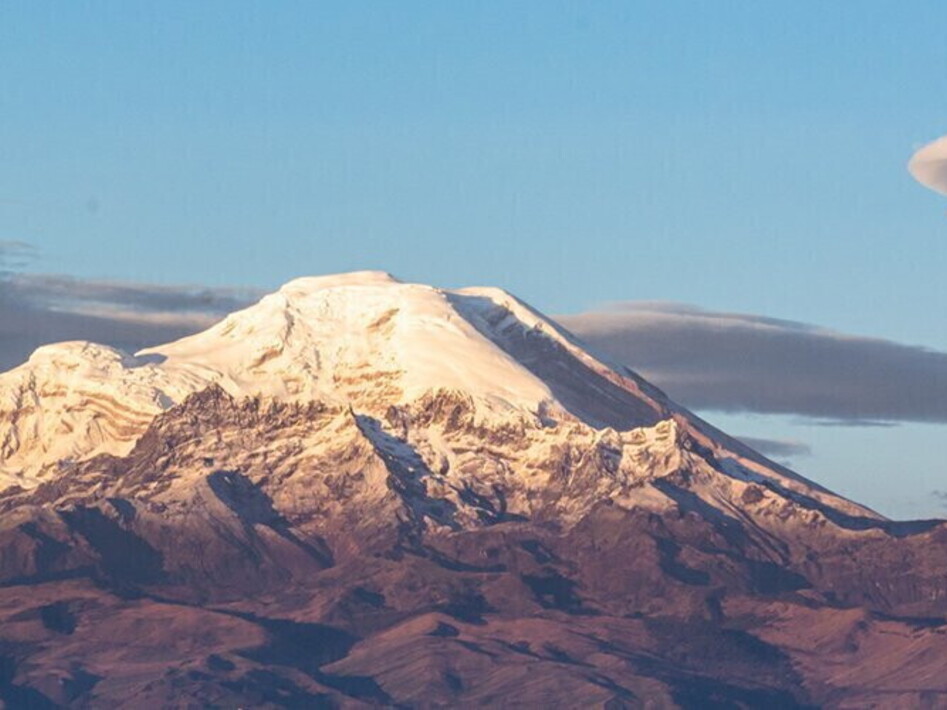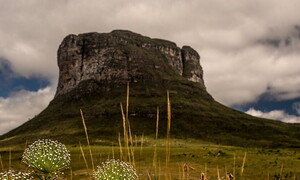Alexander von Humboldt, the inventor of nature
27 SEPTEMBER 2023

Shakespeare of the sciences, comparable in fame to Napoleon Bonaparte, inspirer of Charles Darwin, father of modern ecological thinking: Alexander von Humboldt is considered by many to be a lost hero of science, and today, almost 250 years after his birth, his story still has much to teach us.
Childhood, family and a changing world
Born into an aristocratic Prussian family in 1769, Alexander von Humboldt lost his father at the tender age of nine. His education and that of his brother was entrusted to the leading tutors of the Enlightenment, who instilled in the two brothers a deep commitment to the pursuit of truth. This was an era of great transformations: the Industrial Revolution was in its infancy, machines were changing the way people worked, moved and produced; science was beginning to take on an international dimension thanks to the first collaborations, first in astronomy and then in mathematics and physics; two revolutions were about to break out in two key countries of the Western world, America and France; Subsistence agriculture gave way to specialised crops; new measuring instruments such as telescopes and microscopes revolutionised the study of nature; and great researchers in physics, mathematics and physiology such as Galvani, Bernoulli and Celsius, to name but a few, wrote the history of science.
Studies, early travels and encounters
From his adolescence, Alexander von Humboldt showed a curious and restless personality, characterised by scientific studies in books, but above all by experimental investigations, excursions into nature, inspections of mines and studies on electricity. These studies involved not only frogs, a fashion initiated by the famous physiologist Galvani, but also his own body. These were the years in which the young Alexander expressed himself as a child of the Enlightenment, devoting himself to many different disciplines and keeping them separate. He then modified this approach, also thanks to his encounters with leading figures of the time, such as Goethe - with whom von Humboldt shared reflections and experimental practices and thanks to whom he discovered the close relationship between science, poetry and art - and Kant, thanks to whom he approached a systemic vision of the world, which was to characterise his thinking right from his first trip to South America, organised with the aim of discovering how “all the forces of nature are intertwined and interconnected”.
Expeditions and encounters
von Humboldt's countless adventurous journeys made him not only a naturalist, but also a true explorer.
In his first intercontinental expedition, together with the botanist Aimé Bonpland, he crossed stormy seas, climbed mountains and scoured forests, crossing present-day Venezuela, Colombia, Ecuador, Peru, Cuba and Mexico. In addition to describing plants, animals and rocks, the scientist laid the foundations for the reconstruction of complex phenomena, such as the effects of human activity - from deforestation to the diversion of rivers for irrigation purposes - on the harmony of nature, developing the idea of human-induced climate change, sounding the alarm for future generations and thus becoming the father of the environmental movement.
On his return from this expedition, von Humboldt met US President Thomas Jefferson, who described him as “he most scientifically knowledgeable man of his time”. On this occasion, the naturalist shared all the information he had gathered on his travels, demonstrating that he was not only a great scientist but also an advocate of the free flow of knowledge. In his view, science transcended individual and national interests.
Within a few years, Humboldt became famous for his explorations and studies. He was celebrated throughout Europe and drew the attention of the rulers of the time, starting with the King of Prussia, Friedrich Wilhelm III, who offered him a salary without any particular obligations, and later by the Tsar of Russia, Nicholas I, who financed a very important expedition across the Urals, Siberia, up to the border with China to gather information on the country's mineral resources.
As a deep scholar of the world in all its complexity, of which humans are a part, von Humboldt naturally had insights into the relationship between society and nature, as well as into the exploitation of resources by settlers. Despite his contradictions, Alexander did not hide his convictions against slavery and colonialism. On several occasions he openly expressed his sympathy for the French and American revolutions and for the liberation of Venezuela and Colombia from Spanish rule. He also supported Simon Bolivar's forest protection laws. Humboldt met Bolivar several times and later criticised the Liberador for his authoritarian tendencies.
Fame and recognition
From the description of currents and of the magnetic equator, to the identification of animal and plant species, to the intuitive recognition of the existence of climatic zones based on altitude and latitude and his laying the foundations for the theory of evolution and modern geology, von Humboldt devoted every moment of his life and all the money he had to observing, narrating and understanding nature. He also ventured into the field of science popularisation through detailed illustrated editions.
He inspired great scientists, politicians and artists of his time and of the years to come, from Darwin to Haeckel (the father of ecology), from Poe to Verne, but one of his greatest merits is that he made science popular and accessible, that he helped us overcome the widespread tendency to separate science from art. Because according to the Prussian-born explorer and naturalist - who always combined careful observation of phenomena and species with a strong emotional involvement in his travels - we can understand nature only if we use our imagination.
It is therefore no coincidence that, on the centenary of his birth, von Humboldt was celebrated by 80,000 people in Berlin and 25,000 people in Central Park in New York. He was a true star, whose thinking forever marked our culture and whose history still has much to teach us.
To find out more: Andrea Wulf, The Invention of Nature: Alexander von Humboldt's New World, Vintage Books, 2016


